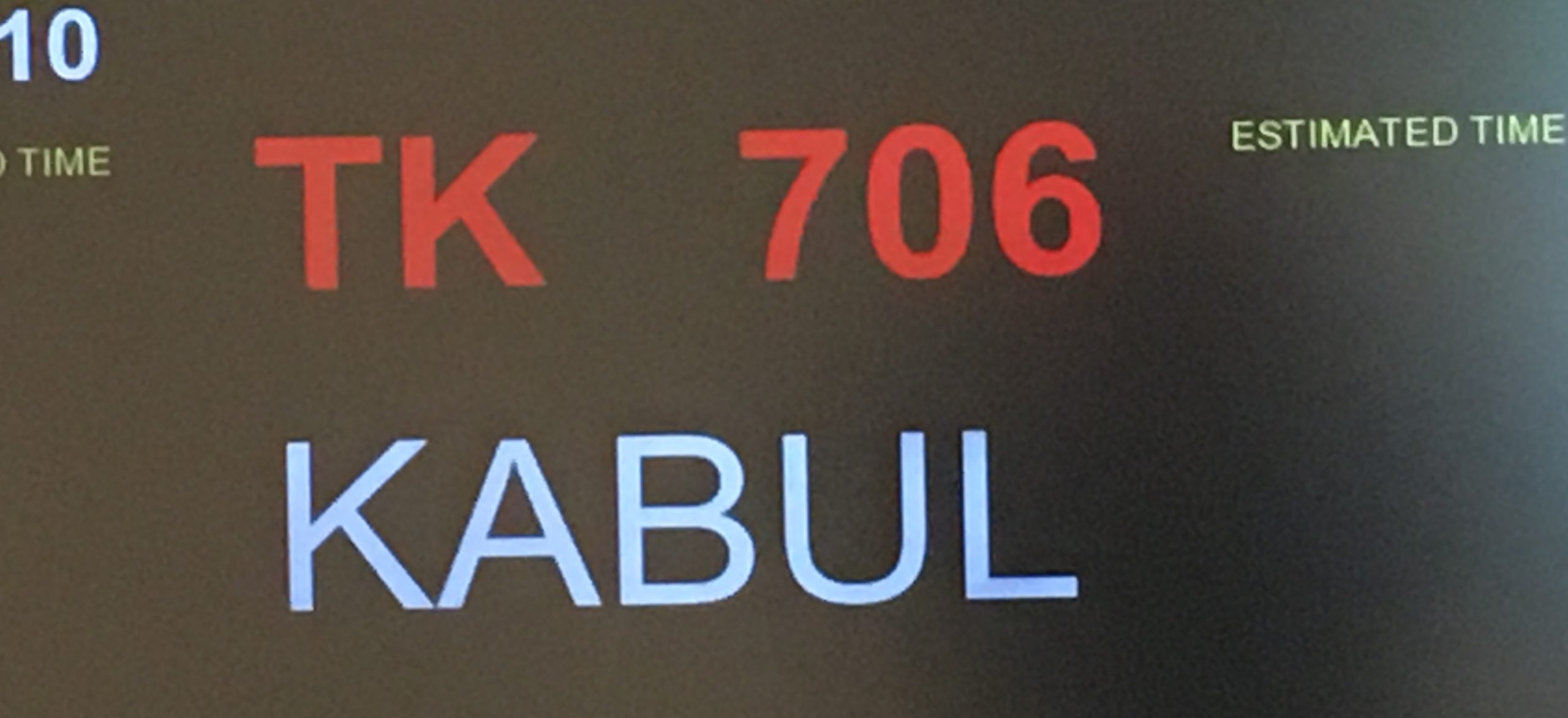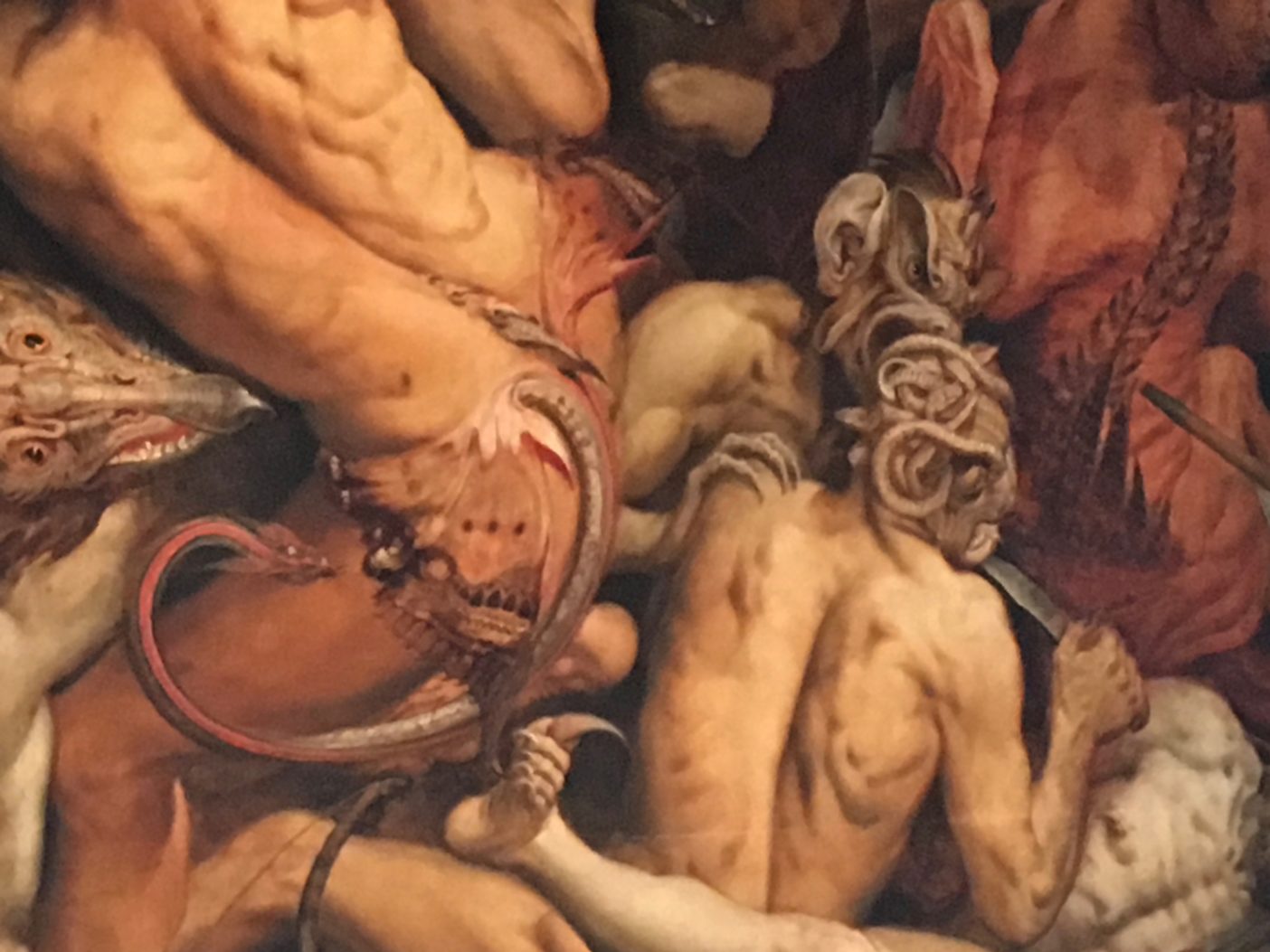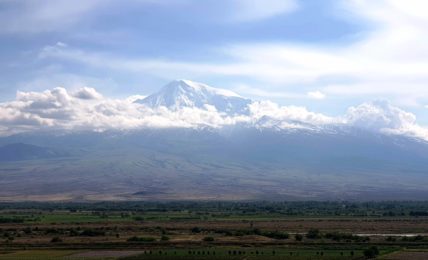Afghanistan e la geografia dello specchio: ecco come restare aggiornati su quel paese
A loro modo i talebani sono rewriters, riscrittori distopici della realtà. Ecco perché non dobbiamo dimenticare quel paese. E vi suggerisco un modo per restare in contatto con gli Afghani.






